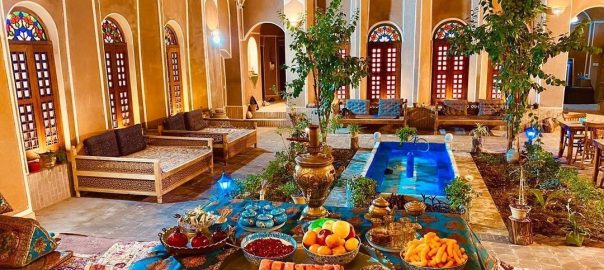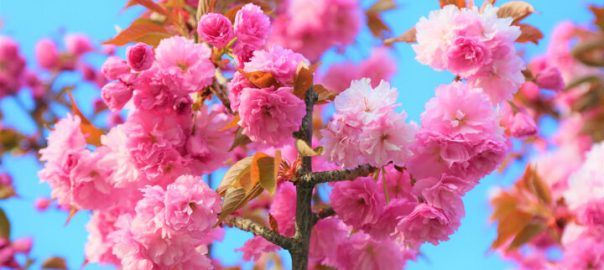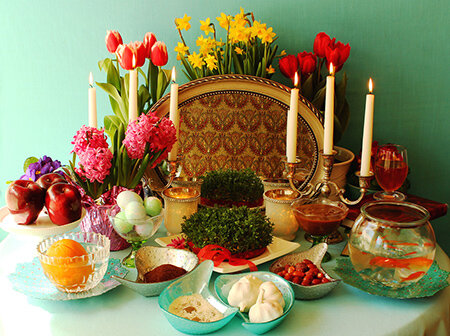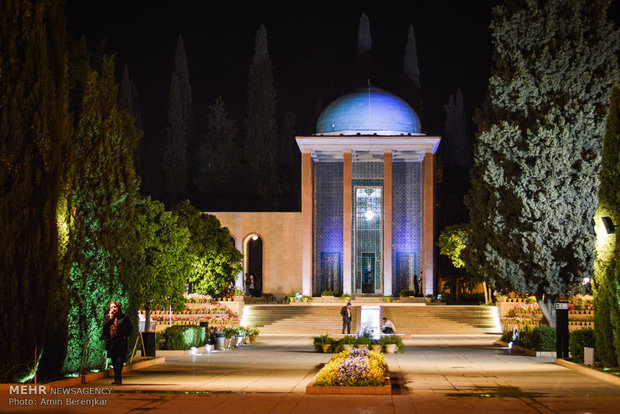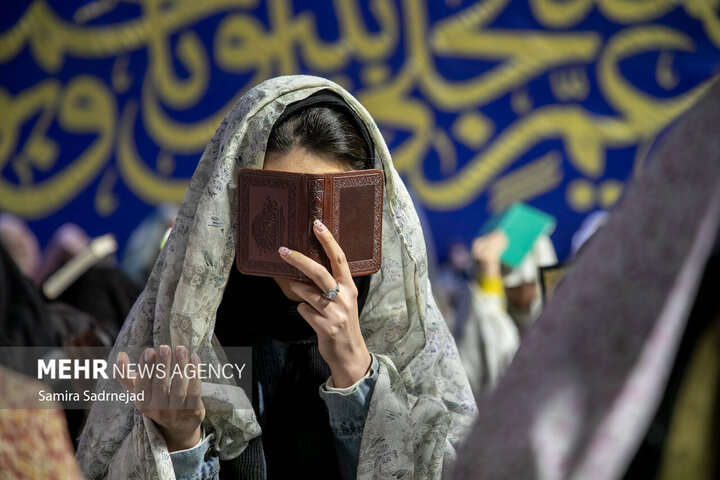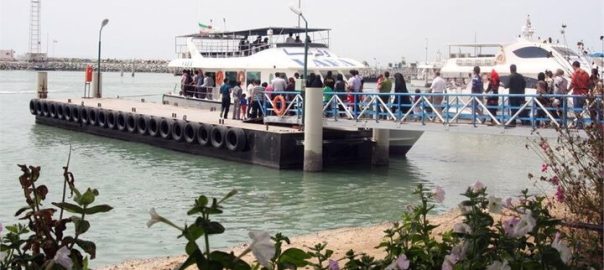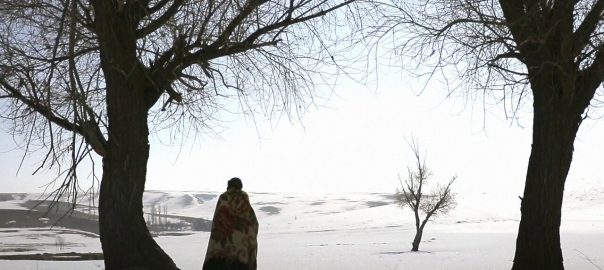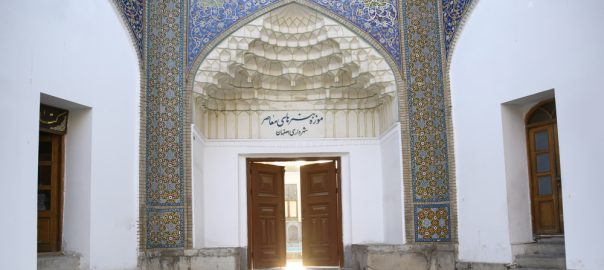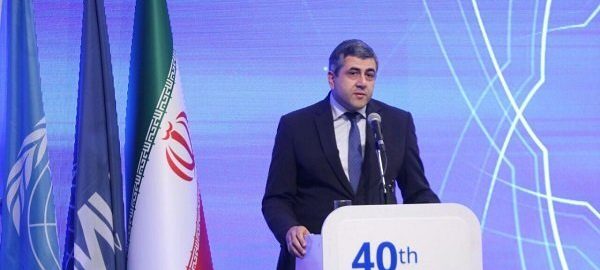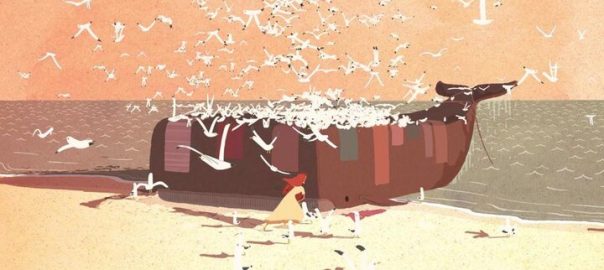The 15th edition of the Quacquarelli Symonds (QS) World University Rankings by Subject 2025 has included 17 Iranian universities in 21 subject entries, compared to 17 Iranian universities in 17 subject entries in 2024.
The recently launched QS World University Rankings by Subject ranks universities for 55 subjects. Academic programs are ranked over five indicators to effectively reflect their performance, taking into account academic reputation, employer reputation, research citations per paper, H-index, and International research network (by broad faculty area).
A total of 1,758 unique institutions have been ranked in the QS World University Rankings by Subject 2025, an increase of seven percent from the 2024 edition.
The QS World University Rankings by Subject are sorted into five broad subject areas, including Arts and humanities, Engineering and technology, Life sciences and medicine, Natural sciences, and Social sciences and management.
Iranian universities are ranked among the top institutions in three faculty areas, including Engineering and Technology; Life sciences and Medicine; and Natural sciences, Mehr news agency reported.
Some 997 institutions have been globally ranked in the Engineering and Technology subject area – 344 of them are new for this year’s edition.
University of Tehran, with a global ranking of 280, is placed first in the country; it ranked 346 globally in 2024.
Sharif University of Technology ranks second in the country, and its global ranking has risen from 410-450 in 2024 to 292 this year.
Amirkabir University of Technology (451-500) and Iran University of Science and Technology (501-550) are placed third and fourth, respectively. They are included in the QS ranking this year.
In Petroleum Engineering, University of Tehran ranks 22 globally, progressing from 32 in 2024 to 22 this year.
Sharif University of Technology global ranking in Petroleum Engineering advanced from 34 to 20 this year.
Amirkabir University of Technology ranks 50-101. Isfahan University of Technology, Shiraz University, and Tabriz University rank 101-150.
In Electrical and Electronic Engineering, Sharif University of Technology and University of Tehran rank 151-200 and 201-250, respectively.
A total of 1,124 institutions are ranked in the Life Sciences and Medicine broad subject.
Tehran University of Medical Sciences is ranked first nationally; its ranking elevated from 358 in 2024 to 309 this year.
Mashhad University of Medical Sciences, and University of Tehran rank 401-450; they ranked 451-500 in 2024.
Iran University of Medical Sciences (451-500), included this year, Shiraz University of Medical Sciences (451 – 500), Tabriz University of Medical Sciences (501-550), included this year, followed in subsequent positions.
In Agricultural and Forestry, University of Tehran ranks 101-150, and University of Tabriz ranks 251-300. Ferdowsi University of Mashhad, Isfahan University of Technology, and Shiraz University are included this year, they rank 351-400.
In Anatomy and Physiology, Mashhad University of Medical Sciences, and Tehran University of Medical Sciences rank 51-100 and 101-170, respectively.
In Nursing, Iran University of Medical Sciences and Tehran University of Medical Sciences rank 151-225, jointly.
In Pharmacy and Pharmacology, Tehran University of Medical Sciences is ranked 201-250.
Mashhad University of Medical Sciences, University of Tehran rank 251-300.
Some 925 institutions are ranked in the Natural Sciences broad subject area. 347 are new institutions.
University of Tehran and Sharif University of Technology experienced a ranking increase from 401-450 and 501-550 in 2024 to 344 and 390 in 2025, respectively.
In Chemistry, University of Tehran ranks 301-350, and Sharif University of Technology 351-400.
University of Tehran ranks 351-400 in Physics and Astronomy, and University of Tehran ranks 451-500.
University of Tehran is the only University ranked in Environmental Sciences, and Geophysics (201-250).
In Mathematics, Sharif University of Technology and University of Tehran rank 301-350. Iran University of Science and Technology, Amirkabir University of Technology, and Islamic Azad University have a global ranking of 401-450.
In Material Sciences, Sharif University of Technology, and University of Tehran rank 251-300, and 351-400, respectively. Amirkabir University of Technology and Iran University of Science and Technology rank 401-550, jointly.
Recent rankings
The Times Higher Education (THE) World University Rankings (WUR) by international outlook 2025 has ranked 85 Iranian universities among the top universities in the world.
Sharif University of Technology (with a global ranking of 301- 350) tops the universities of the country.
Amirkabir University of Technology and Iran University of Science and Technology, both with a global ranking of 351–400, are placed second.
Kermanshah University of Medical Sciences, and the University of Tehran, with a global ranking of 401-500, rank third.
Tehran University of Medical Sciences, Shiraz University of Technology, and Babol Noshirvani University of Technology rank 501-600 globally.
THE World University Rankings 2025 has placed 81 Iranian universities among the top universities in the world in 10 out of 11 subject areas, compared to 73 universities in 2024.
Iran’s best rankings are in Computer Science, and Engineering.
University of Tehran (401-500), Ferdowsi University of Mashhad, and Shahid Beheshti University (501-600), Allameh Tabatabaei University and University of Isfahan (601), are ranked first to third in Art and Humanities.
University of Tehran (201-250), Sharif University of Technology (301-400), Ferdowsi University of Mashhad and Iran University of Science and Technology (401-500), are the top four institutions in Business and Economics.
Sharif University of Technology (151-175), University of Tehran (201 -250), Amirkabir University of Technology (251-300) are placed first to third in Computer Science, respectively.
Sharif University of Technology (151-175), University of Tehran (201-250), and Iran University of Science and Technology (251-300) are ranked first to third in Engineering, respectively.
In Life Sciences, Gorgan University of Agricultural Sciences and Natural Resources, Kermanshah University of Medical Sciences, and University of Tehran ranked first nationally; they rank 401-500 globally.
Kermanshah University of Medical Sciences and Tehran University of Medical Sciences jointly rank first (301-400), Qazvin University of Medical Sciences and Shahid Beheshti University of Medical Sciences rank second (401-500) in Medical and Health.
Iran University of Science and Technology, Sharif University of Technology, and University of Tehran ranked first (301-400 globally) in Physical Science.
In Psychology, University of Tehran (401-500) is placed first. Ferdowsi University of Mashhad, Iran University of Medical Sciences, Kharazmi University, Shahid Beheshti University, University of Social Welfare and Rehabilitation Sciences are placed next, with a global ranking of 501-600.
The top three universities in Social Science are University of Tehran (301-400), University of Tabriz (401-500), Ferdowsi University of Mashhad, and Shiraz University (501-600). / T.T/

